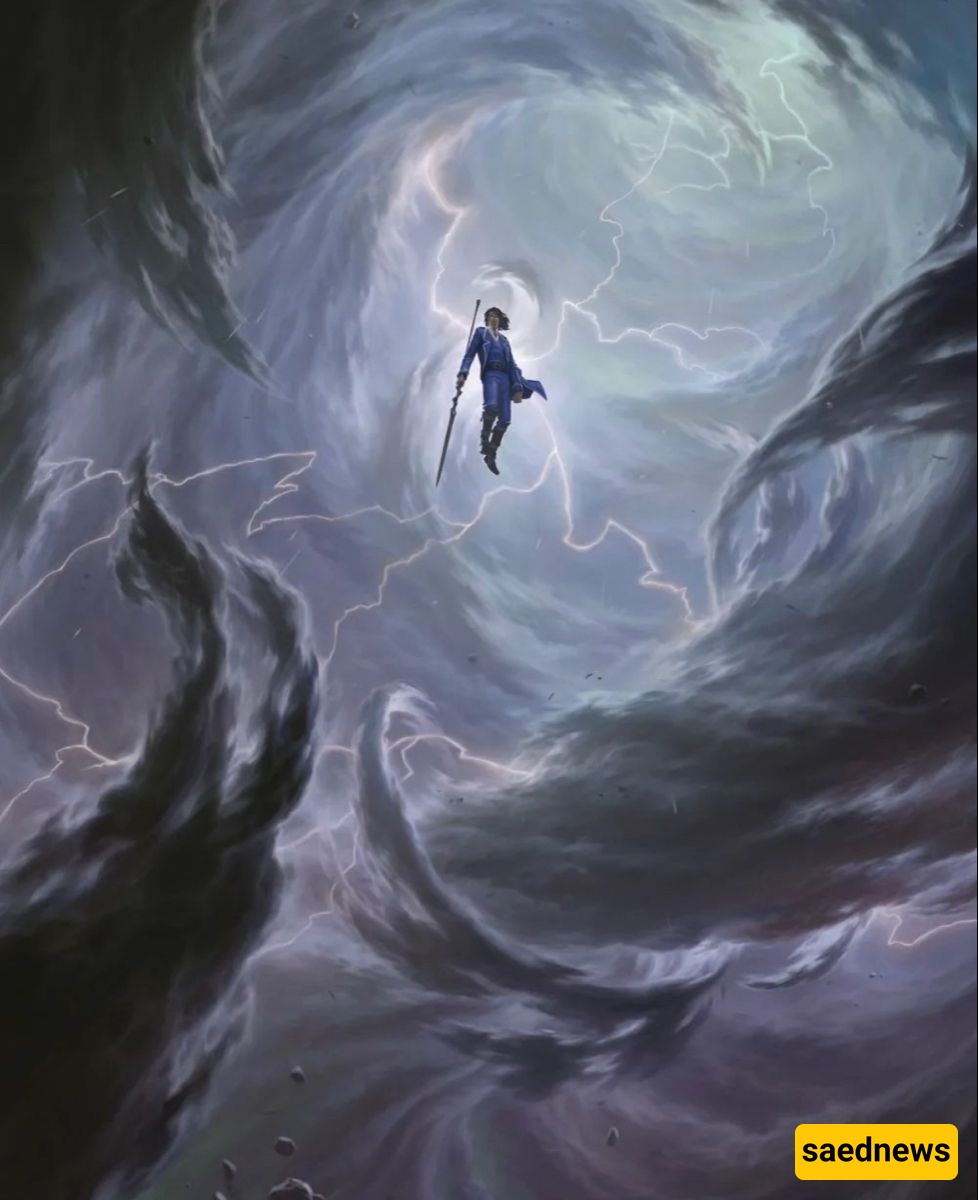SAEDNEWS: A viral prophecy known as the “Rapture” has people selling homes and quitting jobs, convinced the world ends on September 23. One woman even gave away her house — but is it faith, satire, or just another internet phenomenon?

For weeks now, whispers of a coming apocalypse have flooded social media feeds. The prediction, tied to a South African pastor named Joshua Mhlakela, suggests that on September 23 and 24, Christians will be “rescued out of the world” in an event called the Rapture.
The date conveniently coincides with Rosh Hashanah, the Jewish Feast of Trumpets, giving fuel to believers who see biblical prophecy aligning with modern times.
And for some, belief in this prophecy has led to extreme choices — selling houses, giving away cars, and quitting jobs altogether.
The concept comes directly from scripture. Thessalonians 4:13-17 describes the Lord descending from heaven with a trumpet call, raising the dead in Christ, and pulling the faithful into the sky to meet Him.
The Billy Graham Evangelistic Association explains it as the first phase of Christ’s return — where believers gain eternal bodies and ascend, while non-believers are left behind.
The idea has fueled countless books and movies (think Left Behind), but now, it’s inspiring real-world decisions in 2025.
One of the most viral stories comes from TikTok user Gehl (@alpharoyce_), who posted a video claiming she had given away all her possessions in anticipation of the Rapture.
“I’ve already transferred the deed to my house. I just need to give this car away,” she told her 1.1 million viewers, half-smirking as she filmed.
The video sparked debate: was she serious, or was it satire? Hashtags like #satire and #satirecomedy suggest she’s joking — but with so many viewers questioning, the line between parody and belief blurred instantly.
On TikTok, the Rapture has become both a subject of sincere devotion and sharp comedy. While some creators make serious preparations, others poke fun, posting “rapture tips” or “post-rapture survival kits.”
Stand-up comedian Kevin Fredericks captured the absurdity, asking: “What time zone does the Rapture happen in? There are 24 of them. No man knows the day or the hour — so how do you?”
It’s a valid question. If the Rapture were literal, when exactly would it begin? Midnight in Jerusalem? Sunrise in South Africa?
This isn’t the first time humanity has faced doomsday predictions. Remember Y2K in 2000? Or the Mayan calendar panic in 2012? Each time, some believers took radical steps — selling belongings, changing careers, or isolating from society.
Psychologists argue that such prophecies give people both hope and fear: hope for salvation, and fear of missing out.
And in a world shaken by climate crises, wars, and political chaos, it’s no surprise that apocalyptic messages resonate with so many.
To skeptics, the Rapture is just another failed prediction waiting to pass quietly. But for believers, the prophecy provides purpose and urgency.
Even satire, like Gehl’s TikTok videos, demonstrates how deeply embedded the Rapture idea is in American Christian culture. Whether you laugh at it or believe in it, you’re still talking about it.
As September 23 approaches, the world waits — some anxiously, others mockingly, and many curiously.
Will planes fall from the sky as pilots disappear? Will families wake up to find loved ones gone? Or will it simply pass as another date in history, remembered only in memes and hashtags?
Time will tell. Or maybe it won’t — just like 2012 came and went.

